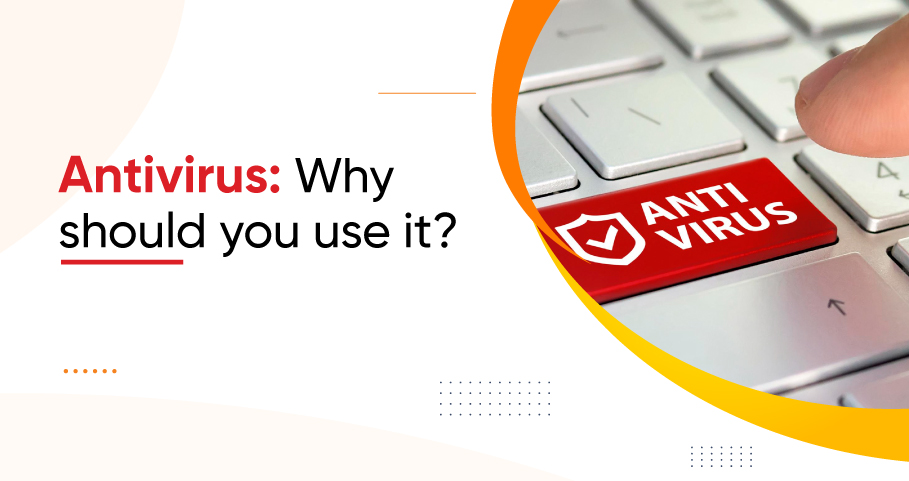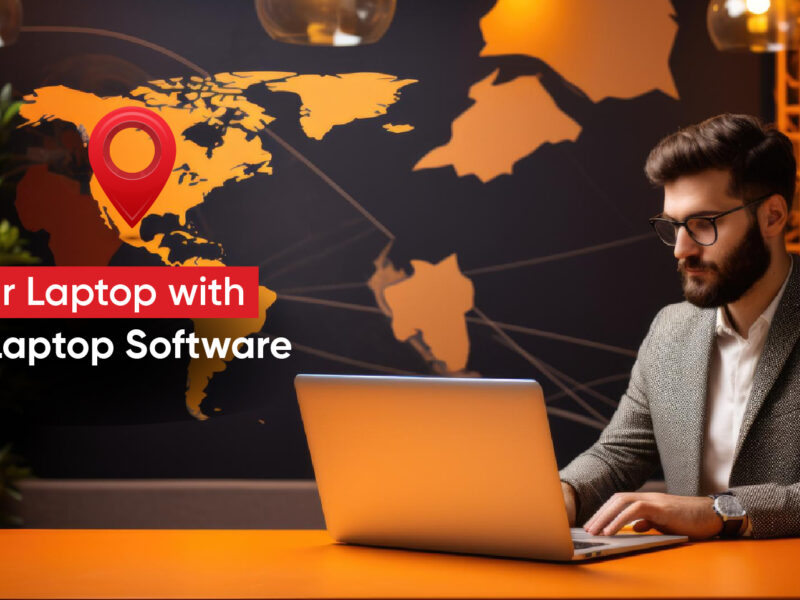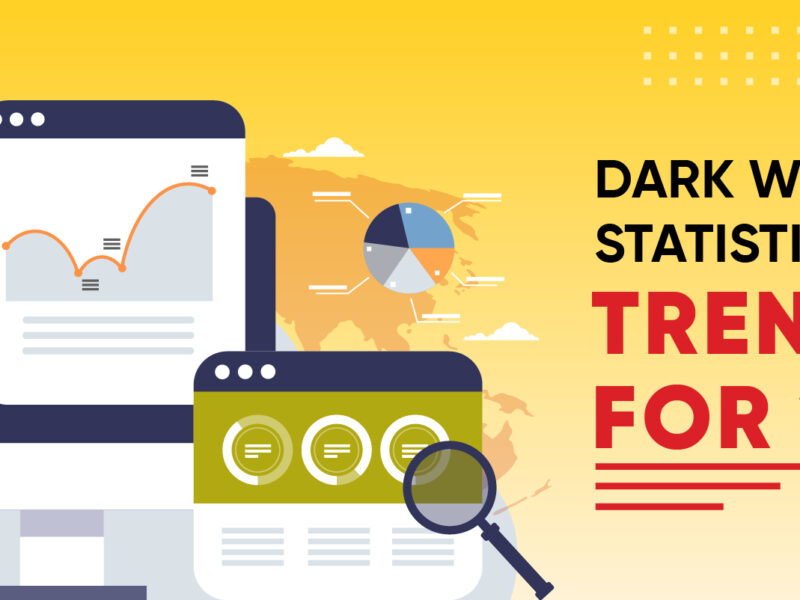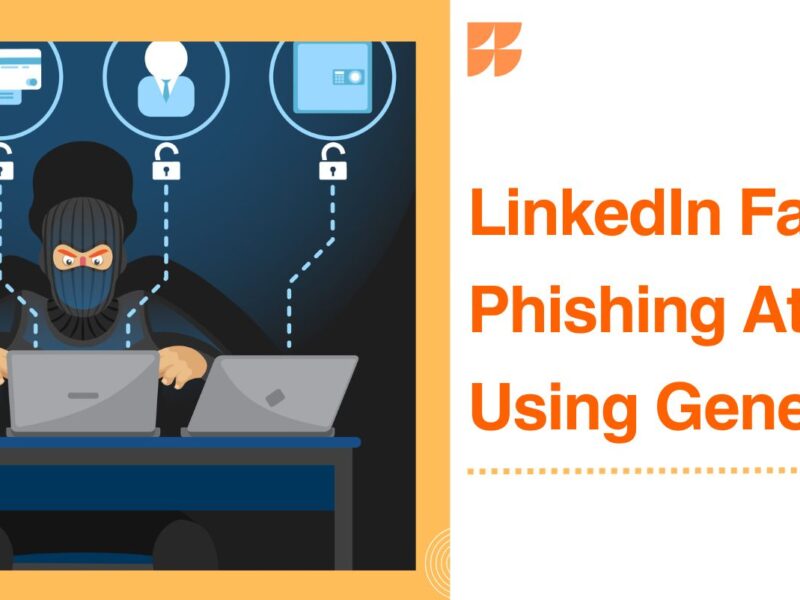
Why choose Antivirus for Online Security?
In recent years, both consumers and businesses have become increasingly aware of the critical need for robust cybersecurity practices and the ability to identify common online threats. Cybercriminals, scammers, and malware creators have evolved from the days of simple computer infections that caused system crashes to annoying pop-up ads.
Today, they employ complex scams and convincing phishing attempts designed to infiltrate devices with covert Trojans, steal data, distribute fake mobile apps that pretend to be cryptocurrency trading platforms but are actually designed to siphon funds and deploy spyware capable of monitoring a user’s every action without their knowledge.
Cyberattacks have shifted from merely disrupting devices to focusing on data theft, surveillance, and sabotage. As threats have evolved, so have the defenses required to mitigate these risks.
Technology vendors continually update their software to address vulnerabilities before they are exploited. Additionally, companies offer advanced protection solutions for consumer devices and enterprise networks.
One foundational layer of defense for home systems is antivirus software. It is no longer limited to home PCs; it’s now essential for mobile devices as well.
Antivirus (AV) software is designed to detect, isolate, and remove malicious code, or malware, from computer systems. When active, AV software monitors incoming and outgoing traffic and scans files, applications, and other content. Many AV programs use databases of known malware signatures to detect suspicious code. These databases are constantly updated as new malware strains emerge and attackers modify their creations to avoid detection.
Know about Antivirus
While “antivirus” and “anti-malware” are often used interchangeably, antivirus software focuses primarily on preventing infections, whereas anti-malware solutions are more oriented toward deep scans and malware removal. Both types aim to protect computer systems.
AV software can also prevent users from opening suspicious files and issue warnings about compromised websites. It serves as an active layer of defense against malware and other threats but should not be the sole security measure.
Popular AV software includes products from ESET, Protegent, Norton, McAfee, Kaspersky Total Security, Malwarebytes, Bitdefender, and Avast. Consumers can choose between free and paid versions, with the few typically offering additional features. Businesses usually opt for paid subscriptions that cover the number of devices requiring protection.
How do machines get infected?
Machines can become infected with malware through various means, including fraudulent emails, SMS messages, fake websites, and shared resources such as storage drives or files. Phishing and spam emails are common avenues of attack, often impersonating banks, tax offices, or well-known brands. These emails use social engineering tactics to lure victims into clicking malicious links or falling for scams. Common tactics include threats, fake delivery notices, promises of prizes or money, and get-rich-quick schemes.
In the business world, business email compromise (BEC) attacks often target HR departments, invoices, and quote inquiries.
If a target falls for a phishing email, they may be asked to click a link to a compromised or malicious website with a malware payload. Alternatively, the email may contain a malicious attachment, such as a Microsoft Word document with macros that fetch malware.
Do I need antivirus software?
Yes. Everyone needs Antivirus be it individuals, businesses, and government agencies that work online needs protection from the growing cyberattacks.
What can antivirus software accomplish?
The functionalities of antivirus software vary based on the chosen product. Nevertheless, common features include:
- Scanning: Users can initiate manual scans of their devices or schedule automatic system checks. Some AVs offer complete security with real-time background scanning, which examines new files, archives, and browser activities for potential threats. Users can select specific files, drives, or entire systems to scan, as well as perform quick scans for general health checks that typically take only a few minutes.
- Web Browsing Protection: The software can monitor internet-based threats, safeguarding users against phishing attempts, malicious websites, suspicious executable file downloads, unintentional drive-by downloads, and more.
- Firewalls: Many modern operating systems come equipped with firewalls that monitor network traffic based on predefined rules. Firewalls block unauthorized or suspicious connections to prevent intrusions.
- Virtual Private Network (VPN) Connections: Some AV products offer integrated VPN services as an optional feature. A VPN doesn’t replace antivirus software but complements it by hiding users’ IP addresses, encrypting communication with online services, and thwarting monitoring and tracking by third parties.
- Password Managers: AV software may include password managers that securely store, manage, and generate passwords for accessing online services. Some even auto-fill forms.
- Parental Controls: Parental control features can include website blocking for adult content, activity monitoring, and keyword checking to ensure a safe online environment for children.
- Junk Cleanup and System Optimization: Certain virus protection products offer additional features such as cleaning up unnecessary files and optimizing system performance, freeing up valuable storage space on PCs or mobile devices.
- Payment Protection: Antivirus solutions may monitor visits to potentially fake banking or payment provider websites, issuing warnings if users are about to input their details on malicious sites. In contrast, some products provide a secure, isolated browser window for making online purchases safely.
- Automatic Updates: There are AVs that regularly update to new versions, including changes to signature databases to combat emerging threats.
- Multi-Device Protection: Depending on the software license terms, users may be able to protect multiple PCs or mobile devices under a single subscription, often available for paid users.
- Wi-Fi Monitoring: Some AV products monitor the Wi-Fi access points to which users’ devices connect. If an insecure connection is detected, such as an open hotspot in public areas or hotels, the software alerts users to potential security risks.
How Does Antivirus Software Work?
The software employs various techniques to protect your devices and data:
- Signature-Based Detection: This method involves comparing files and programs on your device to a database of known malware signatures. If a match is found, the software quarantines or removes the malicious file.
- Behavioral Analysis: This effective program monitors the behavior of software running on your device. If a program exhibits suspicious or malicious behavior, it is flagged and dealt with accordingly.
- Heuristic Analysis: This technique identifies potential threats based on patterns and behaviors rather than relying solely on known signatures. It helps detect new and emerging threats.
- Sandboxing: Some virus-detecting solutions run suspicious files in a secure, isolated environment (sandbox) to observe their behavior without harming your device.
- Real-Time Protection: AV continuously scans your device and incoming files in real time to detect and block threats as they occur.
- Familiar Online Threats and Malware to Be Cautious About: A wide array of threats can target your computer, spanning from malicious malware to sneaky spyware that discreetly observes your actions, adware that inundates your browsing sessions with advertisements, and Potentially Unwanted Programs (PUPs), often referred to as junk or nuisanceware. PUPs might display ads, impede your computer’s performance, or install extra software without obtaining your clear permission.
DO NOT ATTEMPT CLICKING IT!
Selecting the Appropriate Antivirus Software:
When choosing AV software, take into account the following considerations:
- Compatibility: Verify that the software is compatible with your operating system and devices.
- Features: Seek out features such as real-time scanning, firewall safeguards, and frequent updates.
- Reviews: Peruse reviews and consult independent test results to gauge the software.
- Cost: AV software is available in both free and paid versions. Paid options typically provide more extensive protection.
- User-Friendliness: Opt for software featuring a user-friendly interface that aligns with your requirements.
Why Protegent Antivirus Excels as the Optimal Choice
- Real-Time Threat Protection: It’s the world’s only AV with data recovery software, shielding your PC from evolving threats in today’s digital landscape.
- Intelligent PC Protection: Effortlessly keep your PC secure and up to date with user-friendly software that operates seamlessly in the background.
- Malware Defense: Stops malware in real-time, thwarting hackers’ attempts to breach your PC and ensuring its smooth operation.
- Safeguards Sensitive Data: Prevents unauthorized access with advanced features like Cloud Protection, DNA Scan, and Sandbox Technology.
- Two-Tier Architecture: Enables risk-free web browsing and online activities.
- Application Updates Streamlined application updating shields your system from the most recent and emerging threats.
- Swift Installation: The rapid installation feature renders this software a prime choice for IT users.
- Ransomware Protection: Employs multi-layered ransomware protection to intercept threats before they can compromise files or sensitive PC/laptop data.
To wrap up
Antivirus software offers a range of essential features to protect devices from various online threats. Users can choose products based on their specific needs, with many AV solutions like Protegent providing additional functionalities beyond basic malware detection and removal.




